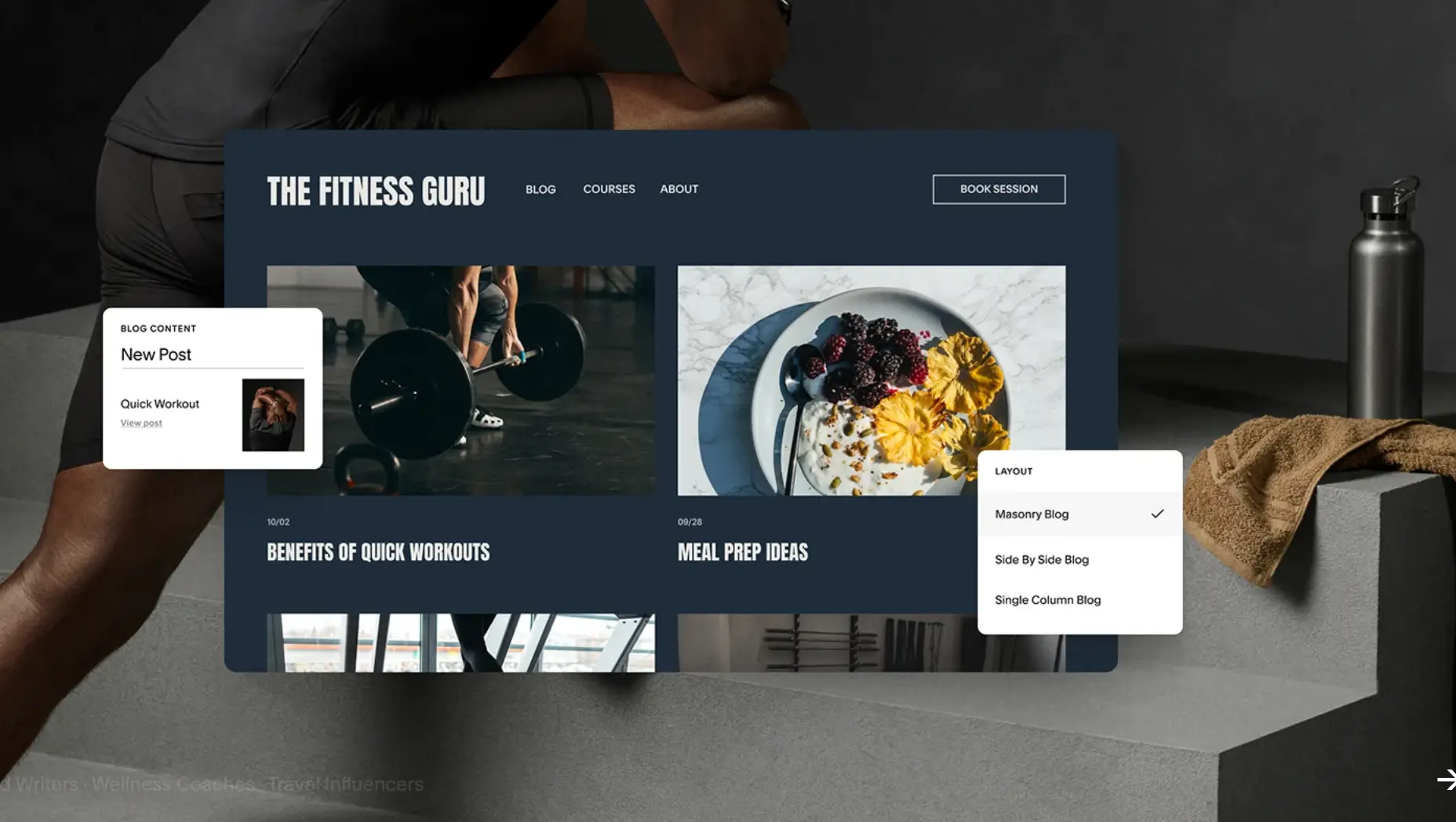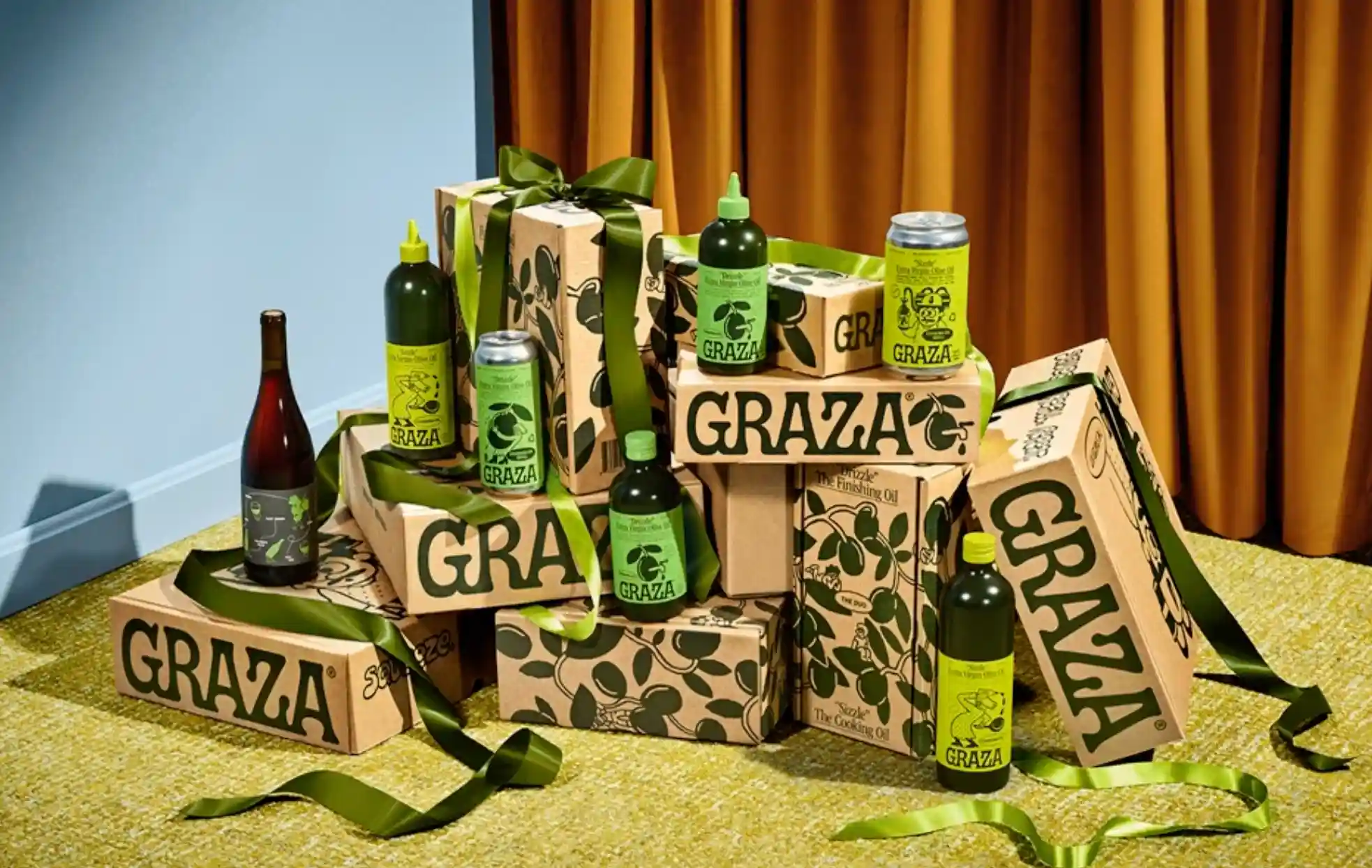The Richest Perfumeries in the World: Luxury Perfumeries Worth Billions
Updated on
Published on
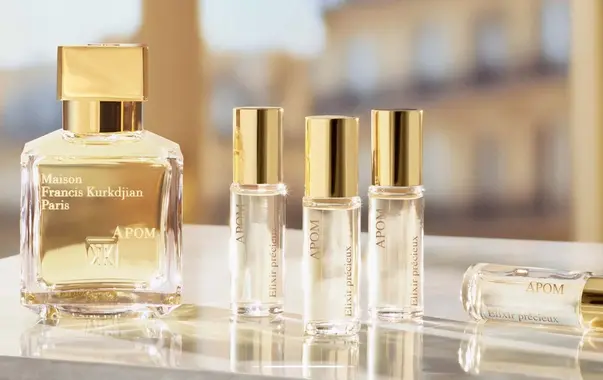
Perfume isn’t just a luxury — it’s a business empire cloaked in elegance. The richest perfumeries in the world don’t just sell fragrance; they bottle identity, power, and prestige. These elite fragrance houses command the attention of royalty, celebrities, and billionaires, often releasing scents that sell for thousands per bottle. But beyond the allure, there’s serious money in the air. In 2025, the best perfumeries in the world have become multi-billion-dollar empires, blending artistry with savvy business strategy. So if you’ve ever wondered which are the most renowned perfumeries ruling the global market, this list delivers the scent of success.
- Covers the best perfumeries in the world ranked by brand value, prestige, and global reach
- Includes legacy fragrance houses, designer-backed empires, and niche ultra-luxury brands
1. Chanel
Chanel is not only one of the most renowned perfumeries, but also one of the wealthiest in the fragrance industry. With the legendary No. 5 fragrance leading the charge since 1921, Chanel built a scent empire on timeless elegance and exclusivity. Even today, Chanel perfumes continue to dominate global markets, and the house’s tight control over sourcing and production ensures unmatched consistency. As part of Chanel’s privately owned luxury empire, the fragrance division generates billions in revenue annually — especially from bestselling icons like Coco Mademoiselle and Bleu de Chanel.
- Home to Chanel No. 5, one of the most iconic fragrances of all time
- Multi-billion-dollar global fragrance revenue with enduring luxury appeal
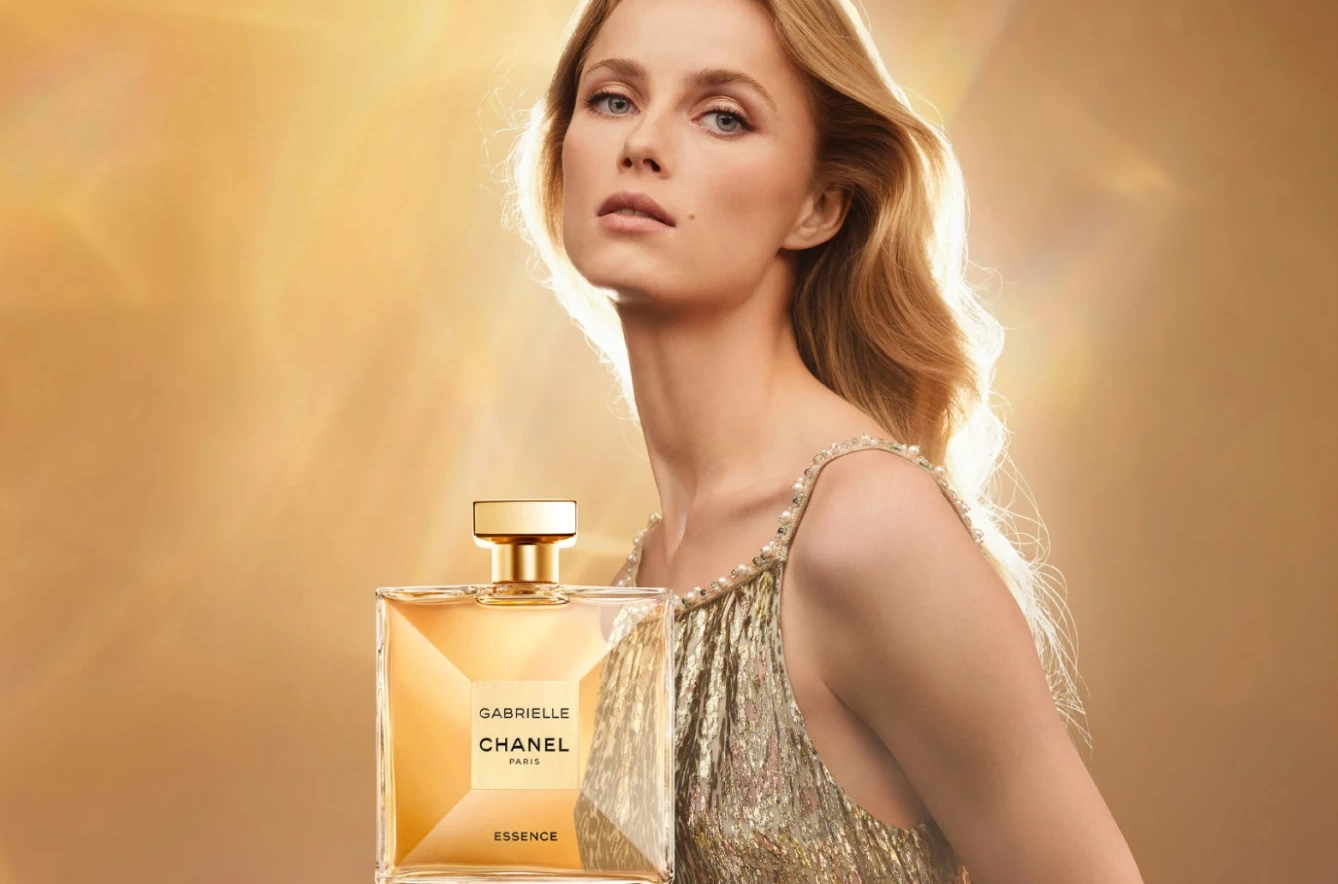
2. Dior
Dior’s perfume empire is nothing short of spectacular. With fragrances like Sauvage, Miss Dior, and J’adore, Dior consistently ranks among the best perfumeries in the world. Backed by LVMH, the world’s largest luxury conglomerate, Dior has unmatched access to marketing, distribution, and raw materials. Sauvage alone has become the best-selling men’s fragrance globally, pulling in over $1 billion in annual sales. Their olfactory artistry, coupled with celebrity campaigns and refined bottle design, keeps Dior at the pinnacle of the perfume industry.
- Supported by LVMH’s vast global luxury network
- Sauvage and J’adore drive over $1 billion in yearly sales
3. Guerlain
Guerlain is a house rooted in French heritage and revered in fragrance history. Established in 1828, it remains one of the most renowned perfumeries globally. Now owned by LVMH, Guerlain combines centuries of tradition with modern innovation, producing cult classics like Shalimar, Mitsouko, and La Petite Robe Noire. Guerlain is known for its in-house perfumers, meticulous craftsmanship, and luxury boutique experiences. While it doesn’t boast the flashy marketing of newer brands, its value lies in legacy, loyalty, and timeless refinement.
- Over 190 years of perfumery expertise with global recognition
- Beloved for signature classics and bespoke haute parfumerie services
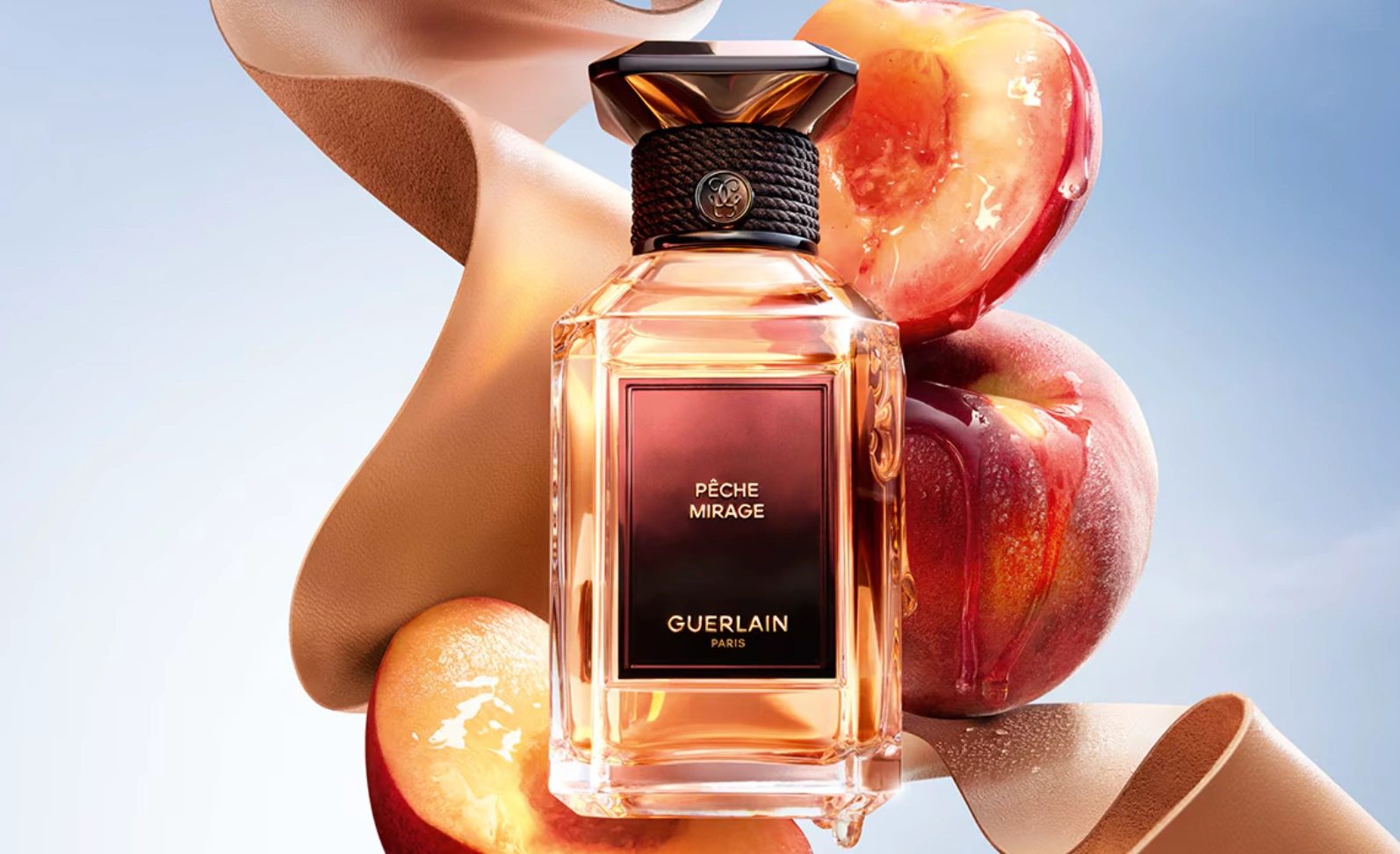
4. Creed
Creed is the definition of private luxury in perfumery. Originally founded in London in 1760 and now based in Paris, Creed’s fragrances like Aventus have developed a cult-like following among elite clientele. Its high price points and artisan approach make it one of the most profitable per unit sold. Even after being acquired by private equity firm BlackRock in recent years, Creed has maintained its ultra-premium positioning. Every bottle whispers status — and the margins reflect it.
- Aventus remains a top seller in the niche luxury market
- High per-unit profitability and ultra-premium distribution model
5. Jo Malone London
Jo Malone redefined modern luxury perfumery with minimalist packaging, unique scent layering, and a clean aesthetic that feels both British and global. Now owned by Estée Lauder Companies, Jo Malone has expanded into over 82 countries, transforming from boutique darling into global powerhouse. Its clever blend of accessibility and exclusivity makes it one of the most commercially successful niche brands, backed by strong retail presence and consistent product launches.
- Acquired by Estée Lauder, boosting global expansion
- Known for innovative layering scents and giftable collections
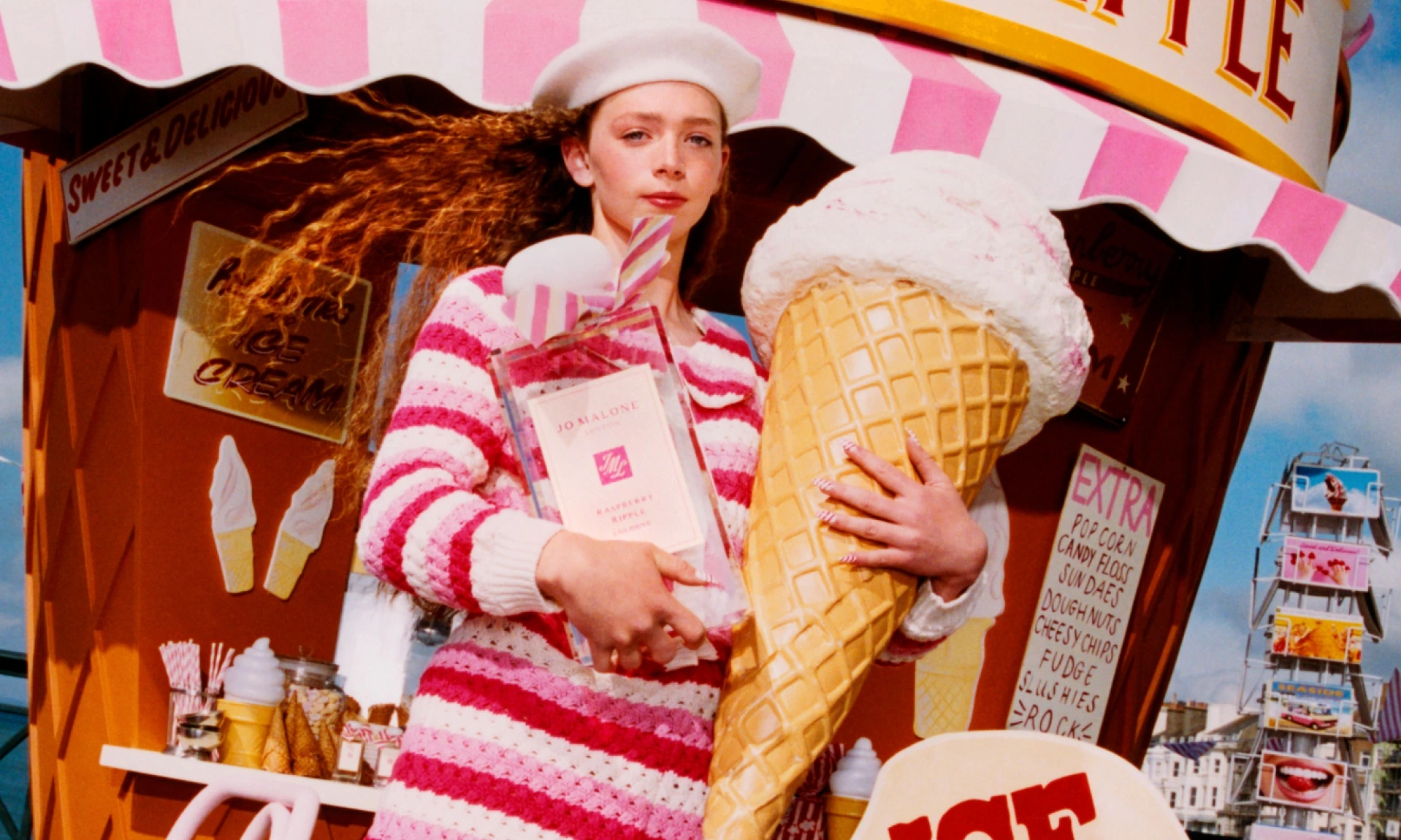
6. Estée Lauder
Estée Lauder isn’t just a beauty titan — it’s a perfume powerhouse. The brand owns an entire ecosystem of high-performing fragrance names, from Beautiful and Pleasures to the high-end Private Collection. With a direct-to-consumer model, department store dominance, and multiple luxury sub-brands (including Le Labo, By Kilian, and Jo Malone under its umbrella), Estée Lauder is one of the richest fragrance conglomerates on the planet. Its brand prestige combined with distribution reach makes it impossible to ignore.
- Houses multiple luxury fragrance lines under its corporate wing
- Global perfume sales reach into the multi-billion-dollar range annually
7. Maison Francis Kurkdjian
Maison Francis Kurkdjian may be relatively new, but it's already become one of the best perfumeries in the world — and one of the most profitable. Founded in 2009 by the star perfumer behind Jean Paul Gaultier’s Le Male, the house rose rapidly due to the overwhelming success of Baccarat Rouge 540. Now partially owned by LVMH, Kurkdjian’s niche yet high-demand scents command premium prices and dominate luxury fragrance counters worldwide.
- Baccarat Rouge 540 drives global cult demand and viral buzz
- LVMH ownership boosts visibility and luxury positioning
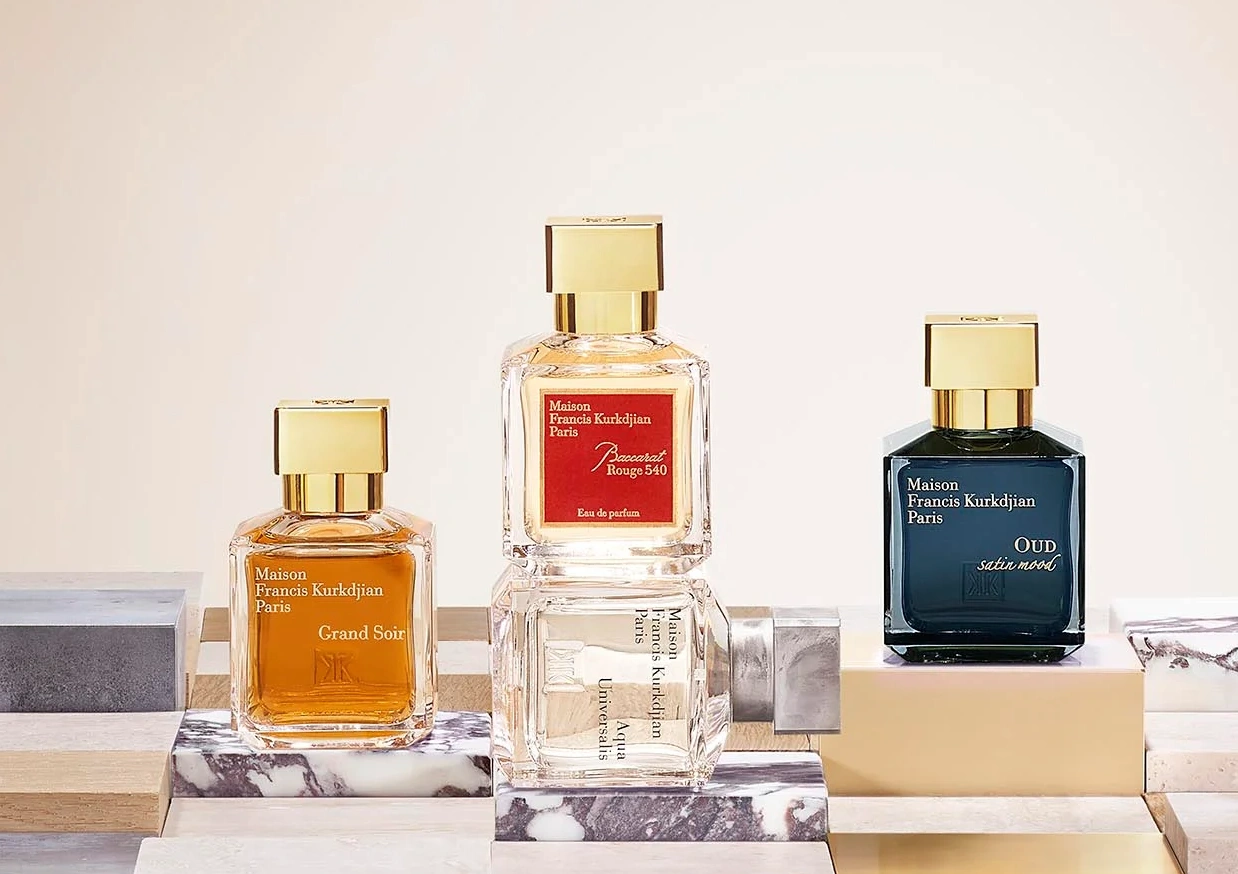
8. Tom Ford Beauty
Tom Ford’s fragrance line — especially within its Private Blend collection — turned the designer into a perfume mogul. Scents like Tobacco Vanille, Oud Wood, and Lost Cherry helped define the modern niche-luxury fragrance movement. Now part of Estée Lauder’s luxury division, Tom Ford Beauty earns well over $1 billion annually, with fragrances contributing a major share. It’s bold, provocative, and bankable.
- Signature scents drive billion-dollar fragrance division revenue
- Known for bold packaging and boundary-pushing olfactory storytelling
9. Hermès Parfums
Hermès may be known for Birkin bags and silk scarves, but its perfume division is a hidden giant. With scents like Terre d’Hermès and Twilly, the brand has quietly built a fragrance empire valued in the billions. What sets Hermès apart is its reliance on in-house perfumers and artisanal quality — no flashy marketing, just consistent, elegant formulations that sell across generations.
- Hermès fragrances reflect timeless elegance and in-house artistry
- Fragrance revenue plays a growing role in brand diversification
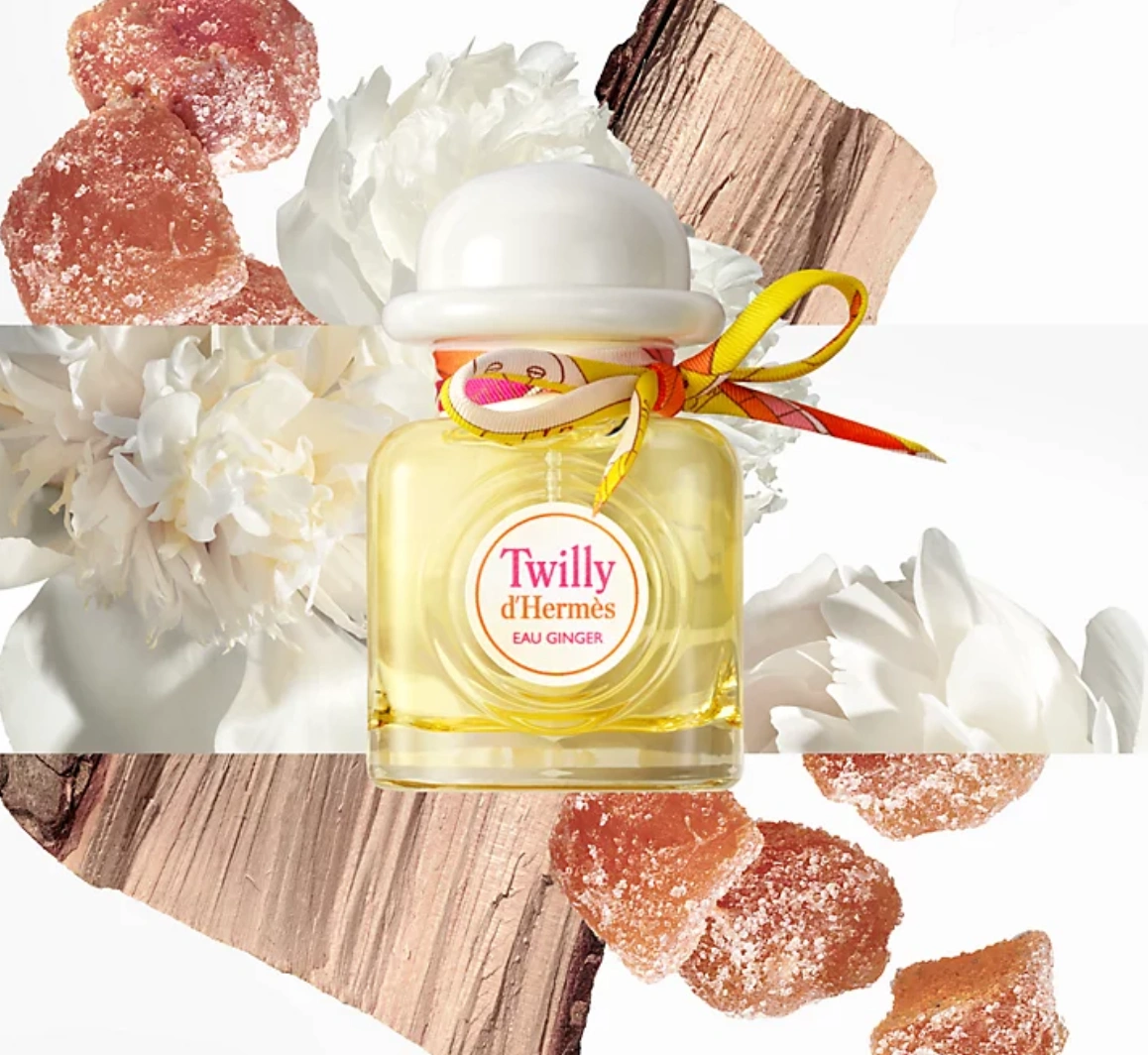
10. Clive Christian
Clive Christian is the pinnacle of ultra-luxury perfumery, offering scents that retail for thousands of dollars per bottle. Known for limited editions and ornate packaging, Clive Christian positions itself as the most expensive perfume house in the world. While it doesn’t match others in unit volume, its high-margin pricing and prestige marketing make it one of the richest niche perfumeries globally.
- Luxury niche perfumery focused on ultra-high net worth clientele
- Limited runs and exclusivity drive brand value and profit
Luxury, Legacy, and Billion-Dollar Bottles
The richest perfumeries in the world didn’t earn their spots by luck — they built empires on scent, story, and status. These best perfumeries in the world have mastered the art of emotional connection, luxury marketing, and product exclusivity. Whether it’s a billion-dollar global brand like Dior or an artisan label like Creed, these fragrance houses are proof that perfume is far more than vanity — it’s serious business. And in 2025, the most renowned perfumeries are not only shaping how we smell — they’re shaping a multi-billion-dollar industry.
- Top perfumeries blend emotional luxury with global commercial power
- Most valuable fragrance houses are expanding into niche and designer markets
FAQs
Which is the richest perfume brand in the world?
Chanel and Dior are often considered the richest perfume brands due to multi-billion-dollar annual fragrance revenue.
What are the most renowned perfumeries globally?
Chanel, Dior, Guerlain, and Creed are among the most renowned perfumeries for legacy, quality, and global prestige.
Is Maison Francis Kurkdjian a top luxury brand?
Yes — thanks to hits like Baccarat Rouge 540, it’s one of the most in-demand and profitable niche brands today.
Why is Creed considered so expensive?
Creed uses high-end ingredients and a limited distribution model, targeting elite clientele with heritage appeal.
Are niche perfumes more profitable than designer brands?
While designer perfumes sell in higher volume, niche perfumeries often have greater profit per bottle due to premium pricing.


